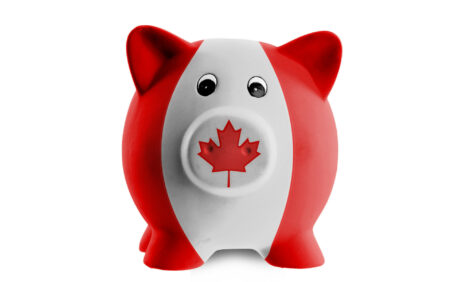



CWB Predicts Continued Pressure on Global Feed Grain Prices
CANADA - Farm-Scape: Episode 1610. Farm-Scape is a Wonderworks Canada production and is distributed courtesy of Manitoba Pork Council and Sask Pork.Farm-Scape, Episode 1610
The Canadian Wheat Board says abundant global supplies have created a bearish feed grain market.
The Canadian Wheat Board's September Pool Return Outlook projects a feed wheat price of 122 dollars per tonne, seven dollars per tonne lower than the August PRO, and a feed barley price of 113 dollars per tonne, a drop of three dollars.
Market Analyst David Boyes says there's a lot of feed grain available this year.
"Two things are combining to really take the wind out of the sails of the feed grain complex.
The first, probably the most important, is the fact that we've got a record corn crop in the United States.
The latest USDA report was for 10.96 billion bushels for the corn crop but I think most analysts now agree that it's going to be over 11 billion bushels.
That's a record for the US for the corn crop and it follows on the heels of last year's record corn crop.
Corn supplies are increasing in the United States.
The corn stalks are going up.
That's a very bearish factor because that affects the Chicago corn futures, on which a lot of the feed prices are based and the Winnipeg Commodities Exchange for feed wheat and feed barley looks to the corn market for price direction.
The second big thing that's going on is the fact that we've got bigger feed grain supplies here in Canada.
With every tonne of additional feed wheat and feed barley that you add to the Canadian harvest, that adds additional pressure to the feed complex.
The closed border for cattle doesn't help either because you're taking down the demand side of the equation in terms of feed grains here.
All those things are combining to take the demand for feed grains lower and that's why you see a feed wheat PRO that's seven dollars down this month and feed barley PRO that's down three dollars."
Boyes says, with the big supplies of feed wheat and feed barley from western Canada, big supplies of corn in the US and other parts of the world and more feed barley in Europe, it's a bearish scenario for feed grains.
For Farmscape.Ca, I'm Bruce Cochrane.








